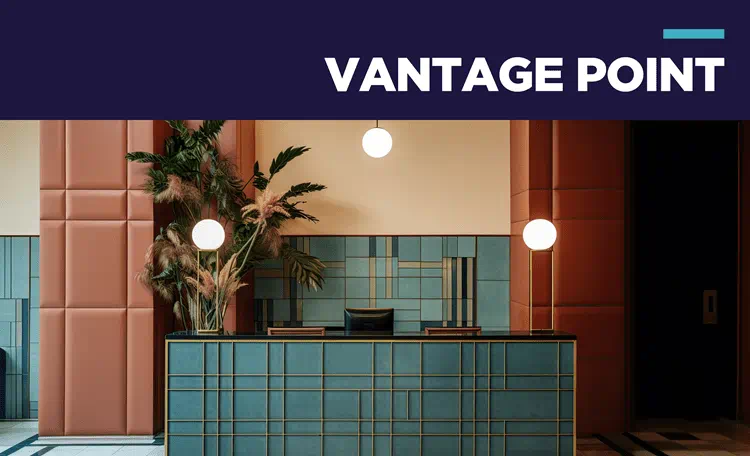Insights
Most Recent

MarketBeat
Research
Market Reports

MarketBeat

MarketBeat
ESG
Insights • Sustainability / ESG
Inhale, exhale – experts point to ways to improve indoor air quality in buildings
Office
Research
Retail

Research
Office buildings increasingly commercial

MarketBeat
Industrial & Logistics
Research
Warehouse & Production Market: Regional Reports
Research • Supply Chain
Sally Bruer • 06/06/2023
Hospitality

MarketBeat
Insights • Investment / Capital Markets
Bořivoj Vokřínek • 25/10/2023
Living

MarketBeat
Research
The housing sector at the crossroads 2.0
The average flat size in Poland is 21 sq m smaller than the EU average and the overcrowding rate is nearly 20 percentage points higher, says global real estate services firm Cushman & Wakefield in its latest report The Housing Sector At The Crossroads 2.0.








.jpeg?h=91&w=150&rev=7bdffc2c0ea34c0496f3405b910ccdf0&hash=72E69A94DA4716A5A72767CC7A71D7BD)












